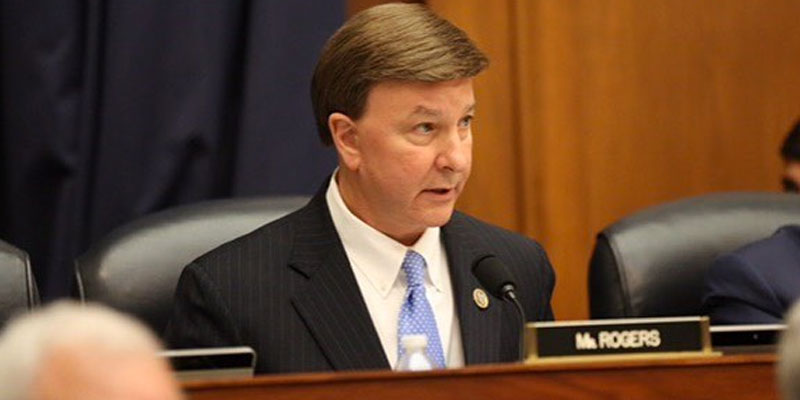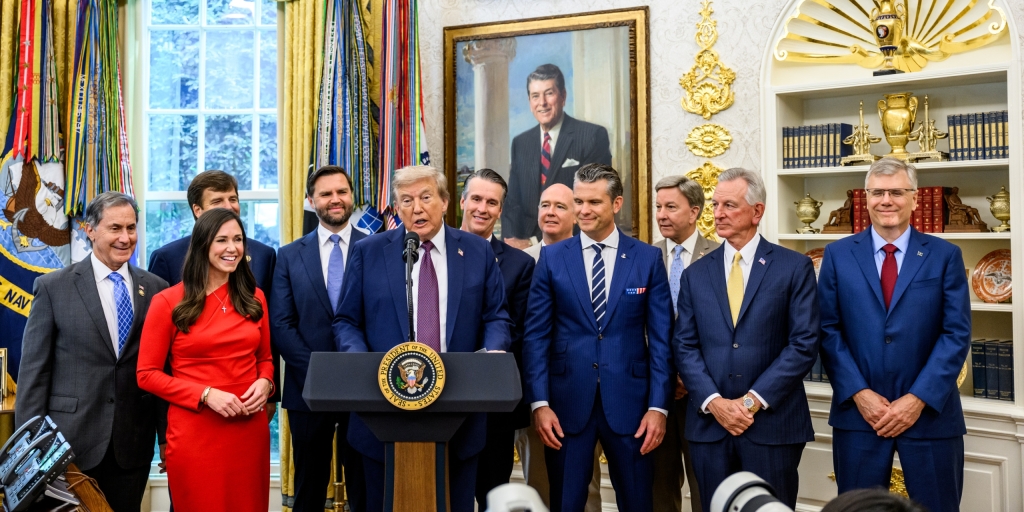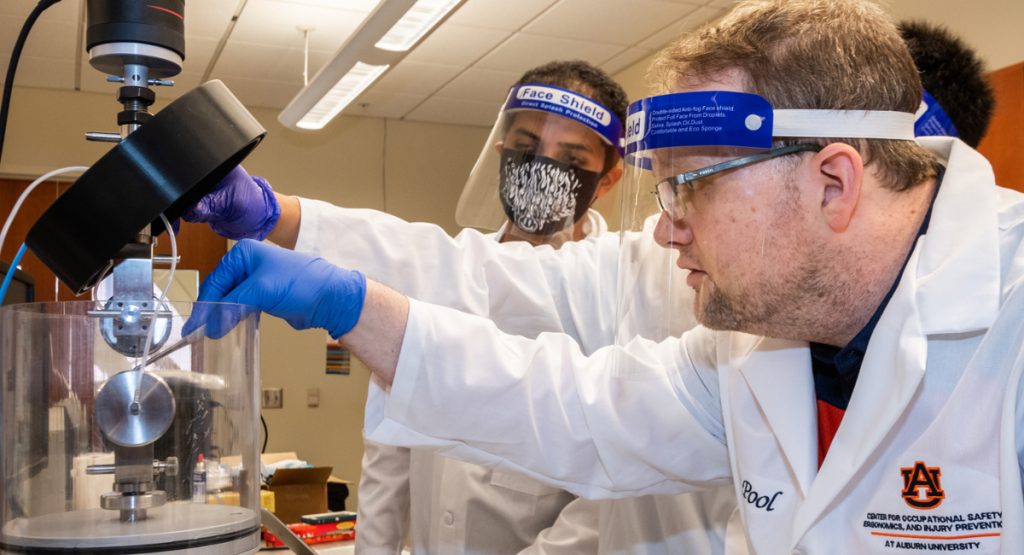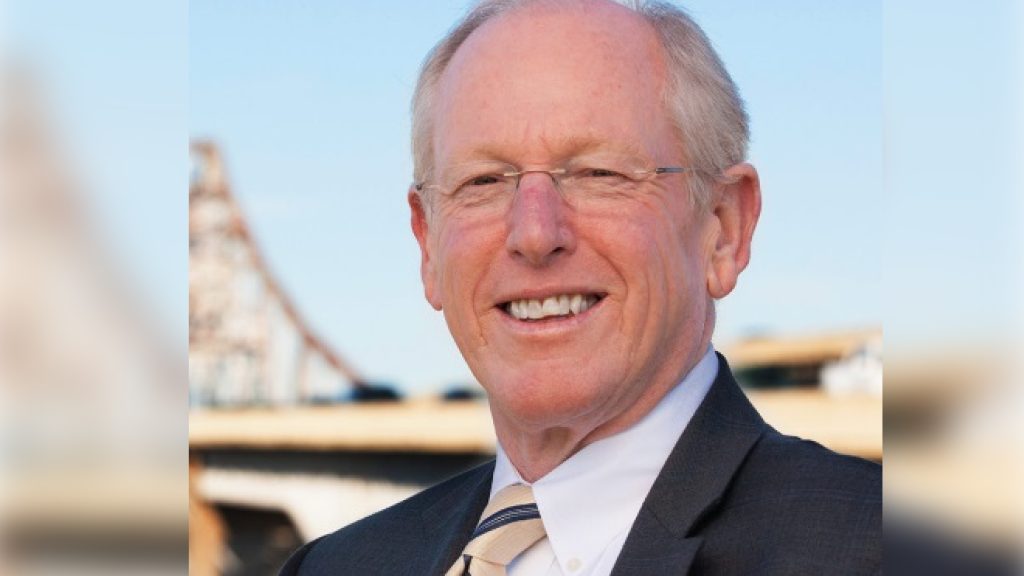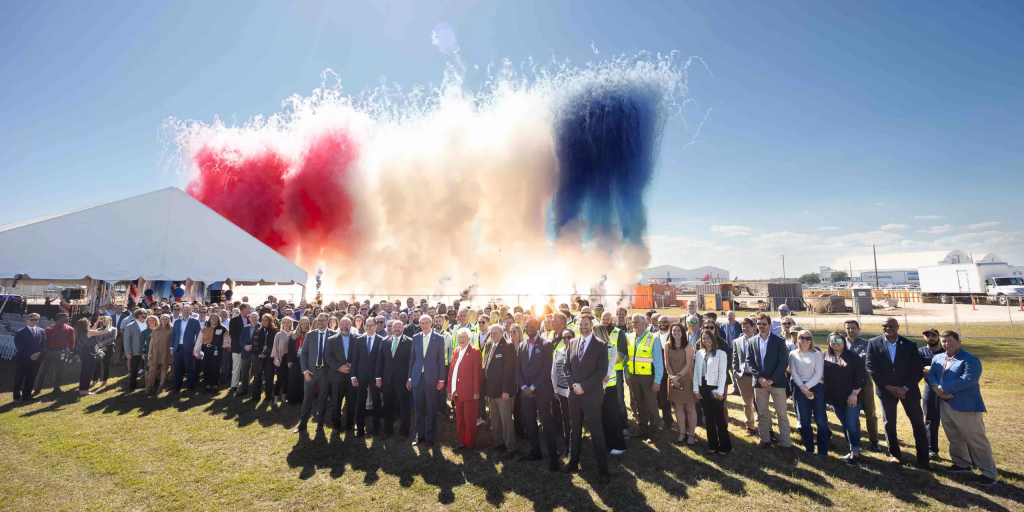In October, the U.S. Air Force announced that it had awarded Alabama rocket-builder United Launch Alliance (ULA) nearly $1 billion to develop a launch vehicle for future national security space missions. But a recent objection to the agreement by one member of Alabama’s congressional delegation could be an obstacle to the large Alabama employer’s future participation.
In a letter to the secretary of the Air Force, Congressman Mike Rogers (AL-3) asked for alterations to the competitive bid process that resulted in Alabama’s ULA receiving the go-ahead to manufacture the Vulcan Centaur at its Decatur plant.
The competitive bid process had been put in place as a response to a congressional mandate to move away from foreign-made rocket engines. ULA’s award under that process was $967 million for development of the Vulcan Centaur which has been dubbed a “next-generation” rocket by the company.
The Air Force cites the current process, the one objected to by Rogers, as one that allows for shared investments to encourage innovation and advanced capabilities.
“Leveraging domestic commercial space launch systems is good for the Air Force, and a revitalized commercial launch industry is good for the taxpayer,” said Secretary of the Air Force Heather Wilson. “Our launch program is a great example of how we are fielding tomorrow’s Air Force faster and smarter.”
In a statement to Yellowhammer News, Rogers expressed skepticism about the agreement which resulted in the award to ULA.
“It’s no secret I’ve been skeptical of the [Launch Services Agreement] and the Air Force’s management of our space programs for years,” Rogers said. “It has led me to call, along with President Trump, for the creation of the Space Force. This letter was simply oversight of this program in my subcommittee’s jurisdiction.”
Senator Richard Shelby (R-AL) has praised the award under the Launch Services Agreement, calling it “great news” for Alabama.
Governor Kay Ivey and numerous other elected officials have also applauded the development of the Vulcan Centaur and ULA’s participation in Alabama’s growing aerospace industry.
Alabamians have powered two historic launches this year.
In August, NASA sent its Parker Solar Probe hurtling toward the sun atop a ULA Delta IV Heavy rocket.
Then, just last week, the NASA InSight spacecraft landed on Mars following a five-month journey powered by an Atlas V rocket.
Both rockets were manufactured at ULA’s Decatur plant. The Decatur facility is 1.6 million square feet and the largest such facility in the Western Hemisphere.
Tim Howe is the editor and an owner of Yellowhammer News




